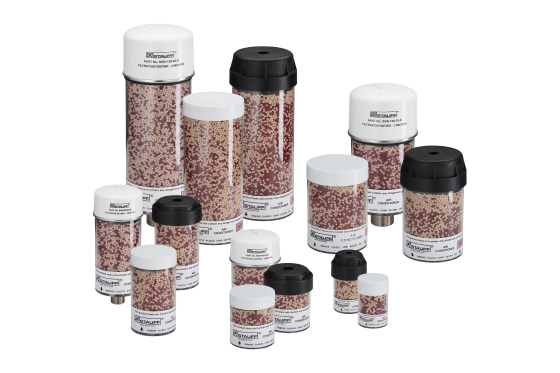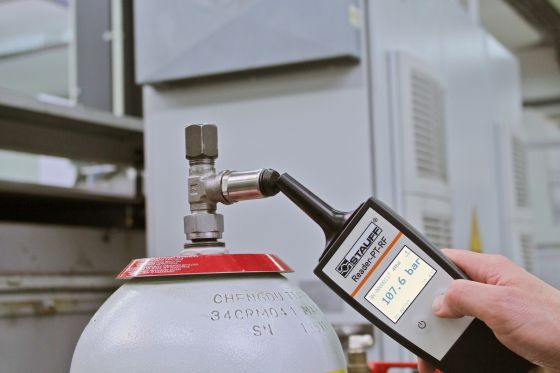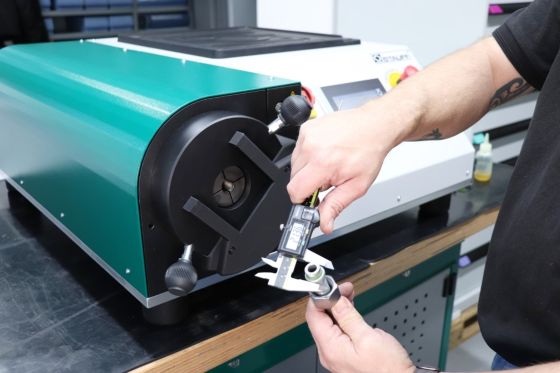What exactly is a desiccant breather?
Episode 6 of the STAUFF Miniseries "Is Your Hydraulic System Breathing Properly?"
STAUFF desiccant breathers are all-round talents! They filter, dry and breathe. Wait – of course they don’t actually breathe, but they are positioned at the opening of the hydraulic tank so that air can flow out and back into the hydraulic system while moisture and air are kept outside. They also have to be robust and easy to install, service and replace. The video shows which elements these assemblies contain to cover the different functions:
Did you know: You can turn on subtitles by clicking the CC button at the bottom of the video.
Watch this and all other episodes of this STAUFF Minseries on Youtube instead.
Around for 20 years – desiccant breathers in the STAUFF portfolio
Desiccant breathers are not new in the STAUFF portfolio. They have been a part of the hydraulic accessories range from the outset, when it was launched in 1999. Ralf Hartmann, our expert in the studio, has been with STAUFF almost that long. He is a development engineer for hydraulic accessories at STAUFF Germany in Werdohl.
Ralf, what role do desiccant breathers play in the STAUFF portfolio?
Ralf Hartmann: The desiccant breathers were initially more of a secondary product when the hydraulic accessories range was launched in 1999. The focus and the main demand back then was on the level gauges and the standard breathers. Those are our breathers made of metal and plastic. We have recently seen the demand for desiccant air breathers increase, which prompted us to expand our range in this area.
Does that mean that OEMs and retailers are actively looking for these solutions?
Ralf Hartmann: Yes, that’s right. The demand for desiccant air breathers is increasing. We are expanding our range and communicate this accordingly, which in turn drives up demand again. This allows us to stay close to the market and our customers’ requirements.
Why are “simple” breathers for hydraulic reservoirs no longer enough for the manufacturers of hydraulic machines?
Ralf Hartmann: One reason is the complexity of the machines. The moisture tolerance is lower, which has made manufacturers and users more sensitive to this issue. Some of the components have become more sensitive as well. In addition, people expect a high level of reliability from their machines. They want to extend the maintenance cycles and minimise downtime due to malfunctions or repairs. Contamination and premature ageing of the hydraulic oil caused by moisture are the most common causes for machine failure. As the ventilation of the hydraulic tank is the main point of ingress for moist air, it makes sense to equip them with desiccant air breathers.
In which regions are desiccant breathers particularly important?
Ralf Hartmann: STAUFF is a global company that has opened up new markets in recent years, including in climate zones with very high levels of humidity. Let me give you a few examples: Since 1999, we have added Brazil, India, New Zealand, Thailand, Vietnam, Singapore and other regions with humid climates. Of course desiccant breathers are also advisable for specific industries, such as marine engineering, waterway locks and the paper industry.
Do you already use desiccant breathers in hydraulic systems?
Then share your experiences and leave a comment below this post.

Newsletter Subscription
Receive automatic e-mail notifications about new posts on the STAUFF Blog








